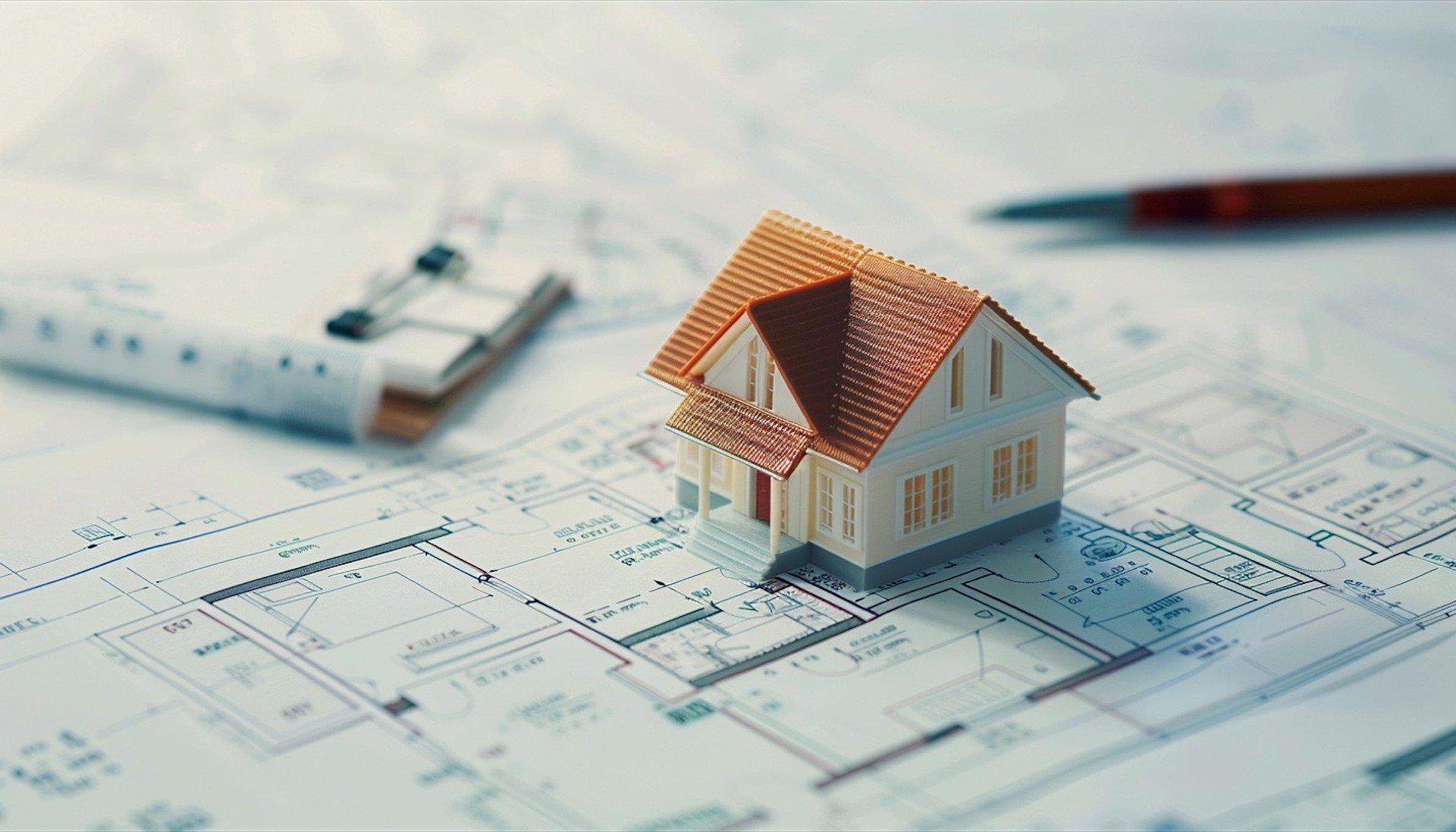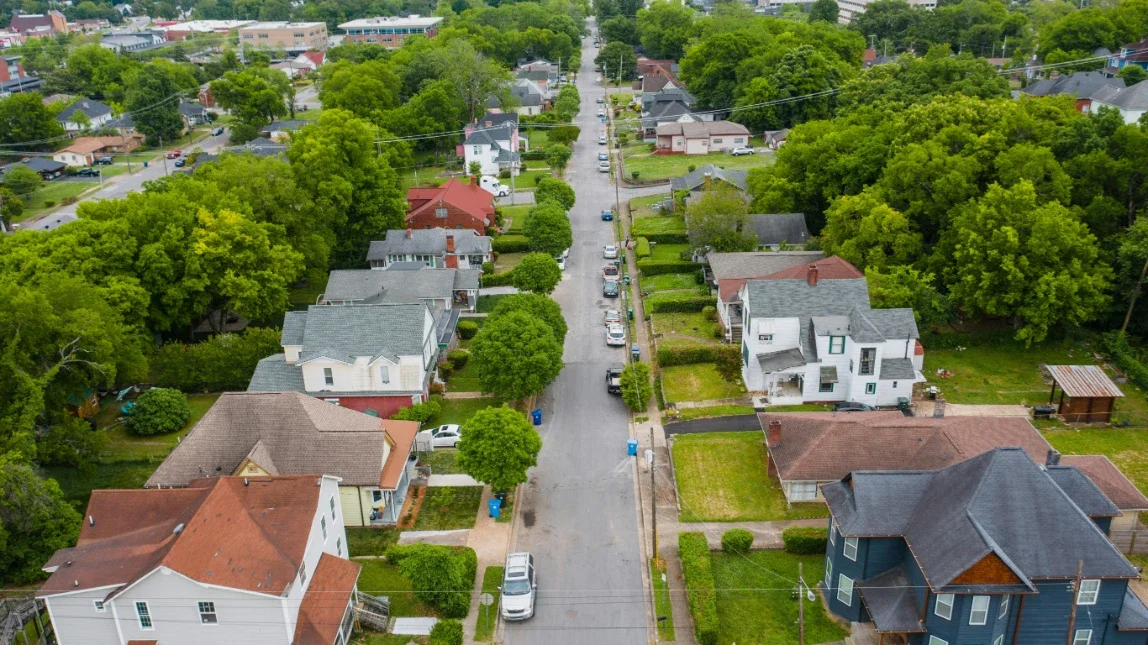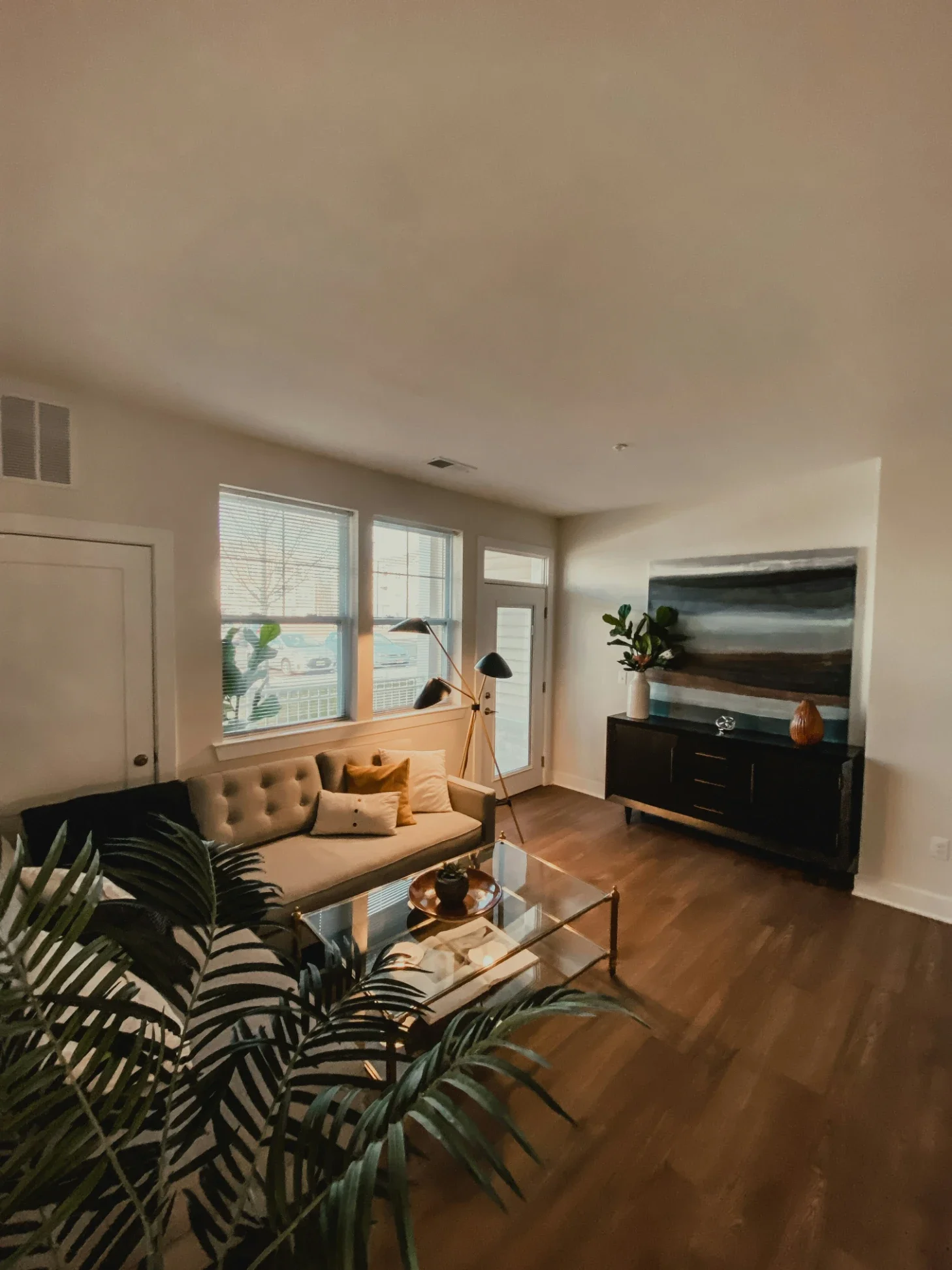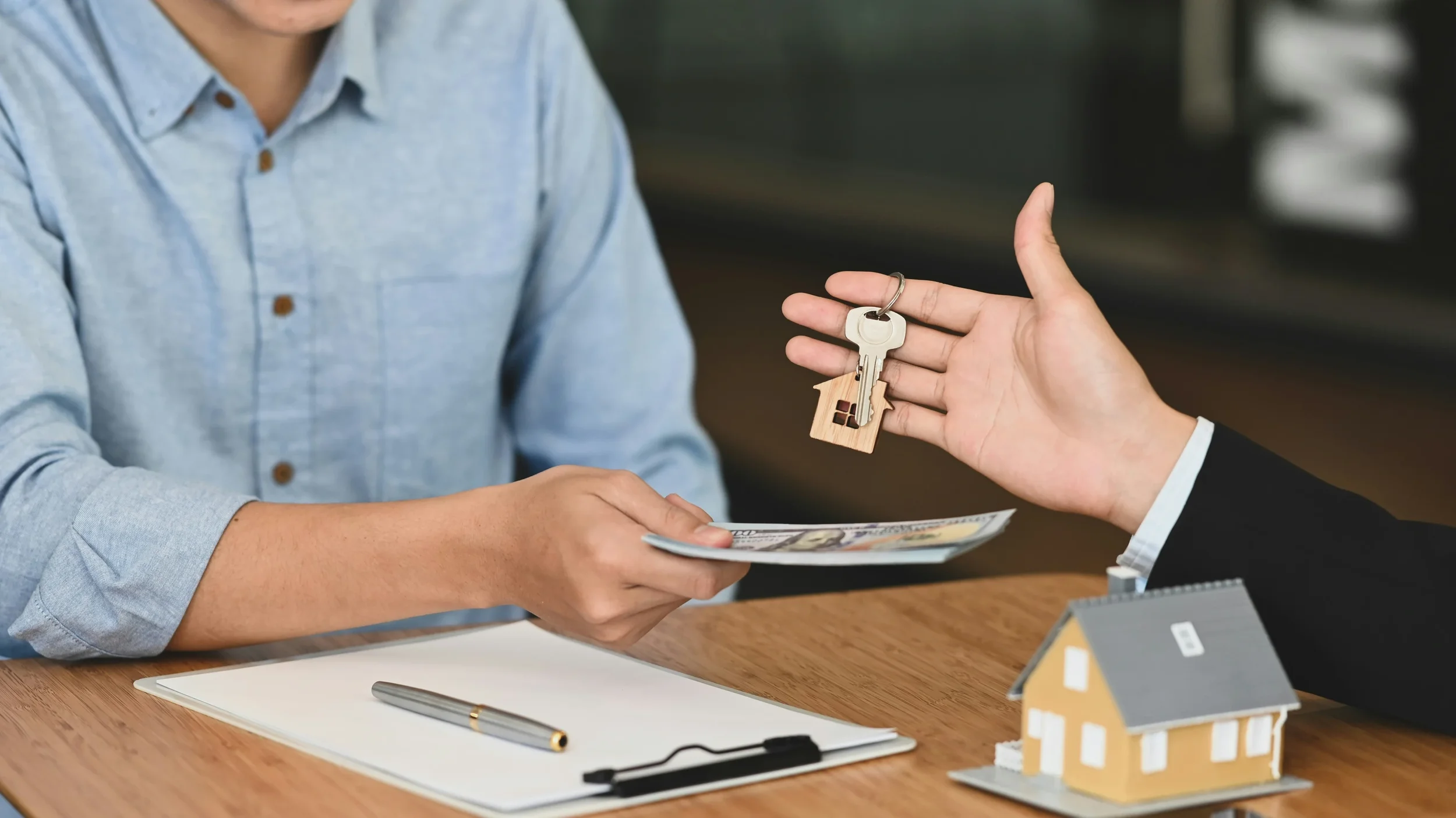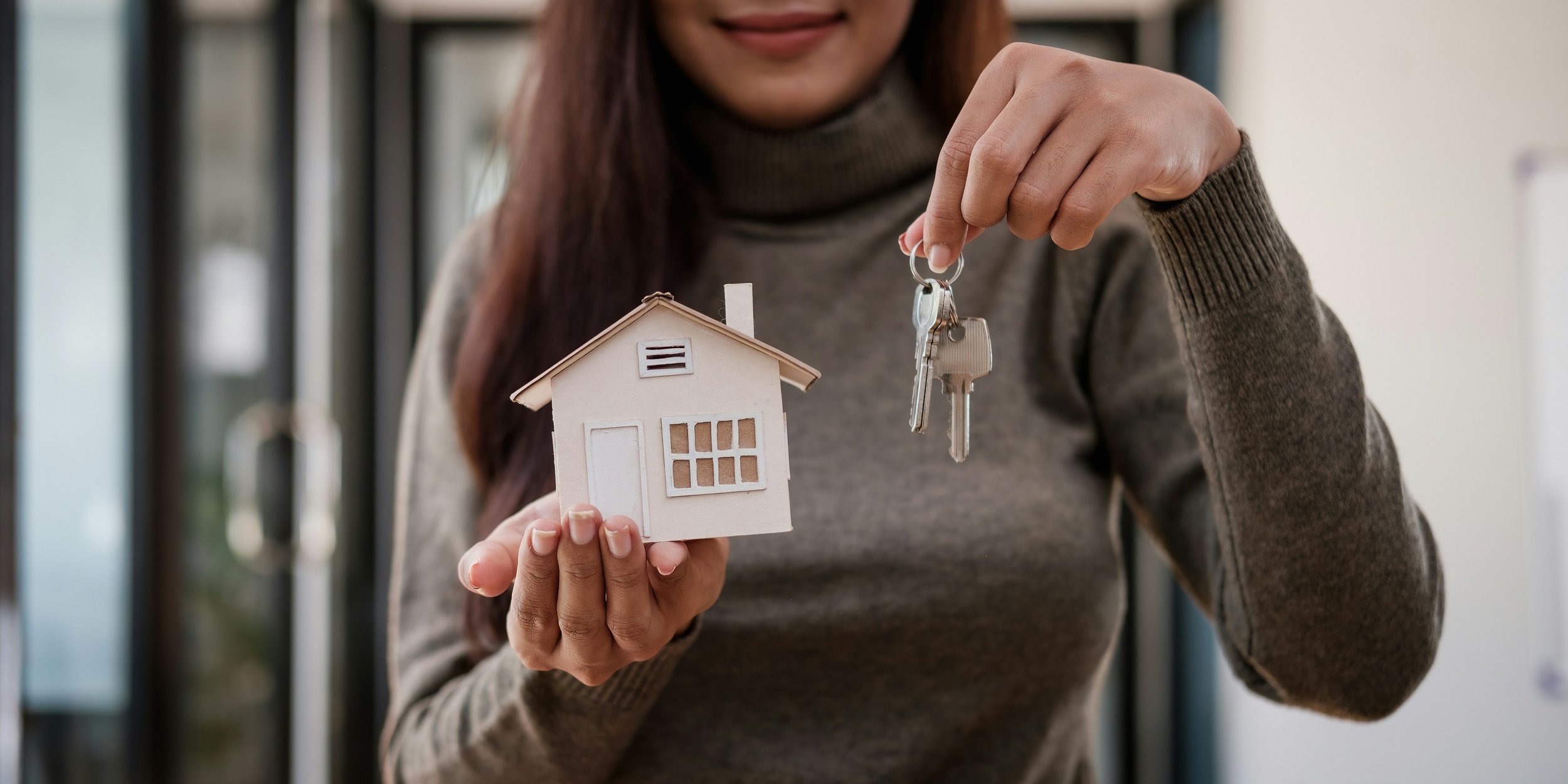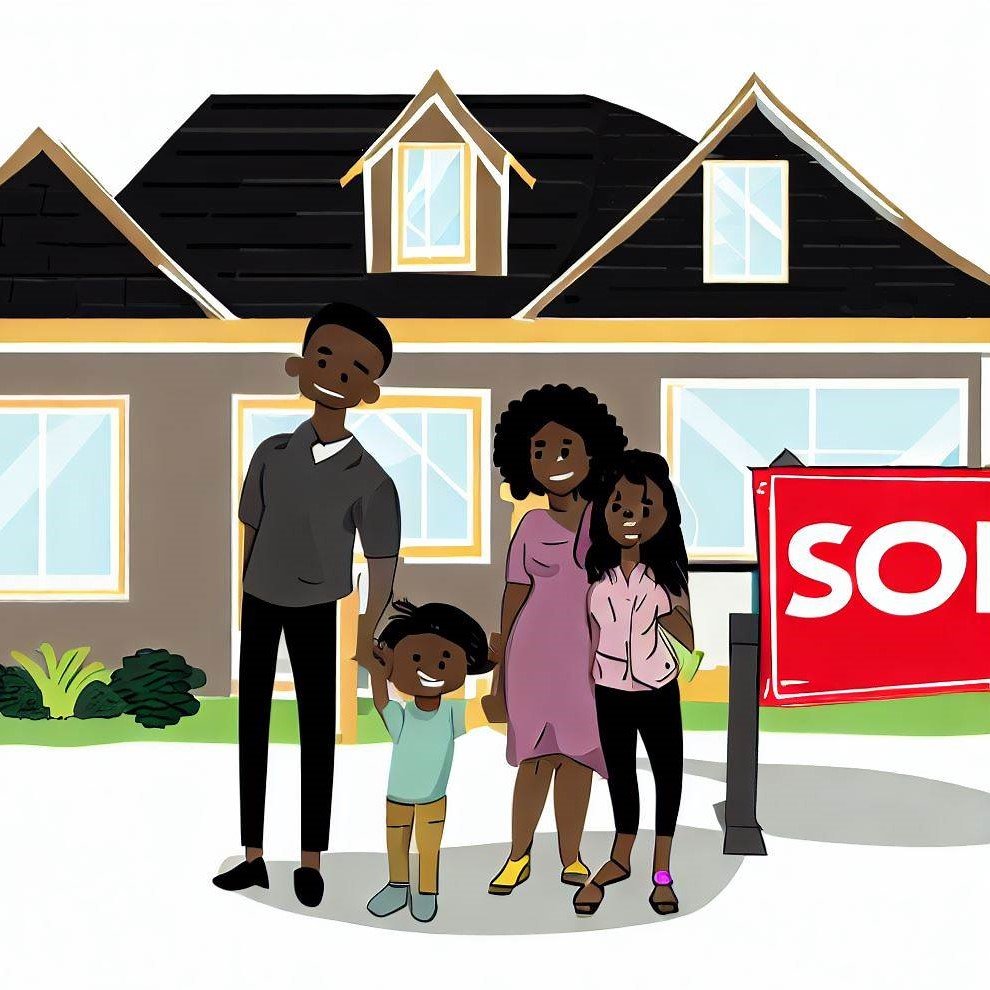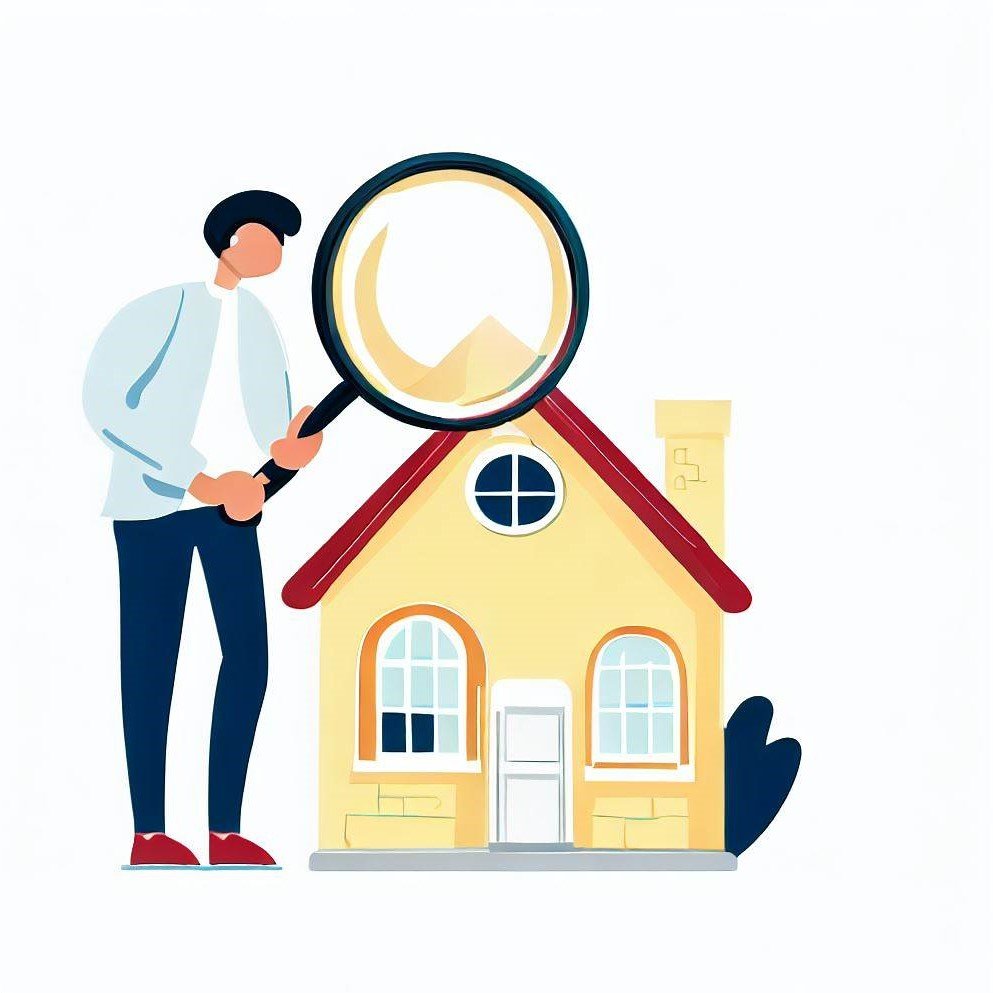Can You Buy Property if You’re Unemployed?
Find out if you can buy property while unemployed, exploring alternative financing options, eligibility criteria, and tips for navigating the home-buying process.
Whenever we talk about buying a home, we recommend getting a job, pulling your finances together, and applying for a mortgage loan. This is the most common approach for people to sort out their living situation and with good reason.
The average US house costs over $400 thousand, and not everyone has that kind of cash on hand. This is where mortgages come in handy, as they allow you to get a loan to buy a house and repay it later.
Lenders often take many things into consideration, with your employment status being high on the list of importance. It gives them some reassurance that you have enough income to pay back the loan.
With that said, what about people with unemployment status? Can they buy property, and how?
Ways to Get a Mortgage if You’re Unemployed
Before diving further into the topic, there is one important thing to consider when getting a loan if you’re unemployed. The first one is how easy it is to get approved.
Lenders often rely on your employment status as a good way to determine if you’d be able to pay back the loan. It’s not a strict rule, but you’ll often find that it’s easier to get approved if you have proof or regular income.
With that said, there are people with income who aren’t employed. Child support or alimony payments can be a regular source of income, as well as renting properties. You can also be retired, so in all of these cases, you are technically unemployed but have some kind of income.
As a result, you have several options for getting a mortgage, which puts you one step closer to buying a home.
Get a Co-signer
One of the most common ways unemployed people get a mortgage is with the help of a co-signer. You are the one applying for the loan, but the co-signer is the person who guarantees that you can make payments. The idea behind this approach is that if you fail to make regular payments, the second person takes on the obligation and will need to pay instead of you.
In most cases, a co-signer should be a close person like a family member, a very close friend, or a partner. During the evaluation process, the lender will also look at the co-signer, meaning you’d want a person with a good credit score to get the best possible conditions.
Consider a Larger Down Payment
There are multiple types of mortgages with different rules. In most cases, there is a minimum down payment, usually hovering around 3%, which many people find helpful when getting a loan.
If you’re unemployed, going for this approach isn’t the best option because lenders won’t be sure you’ll have the resources to pay it back. Having a considerable amount of funds saved can help you get approved by choosing to increase the down payment.
You can discuss this with your lender and find a number that will suit you and make the lender happy and approve your loan. Paying a larger portion of the home means you’ll ask for a smaller loan, resulting in better conditions. The two most important ones are shorter mortgage duration and often lower interest rates.
Bank Statement Loan
Even though most lenders won’t consider unemployed people, there are some situations where you can get a loan in the traditional way. Bank statement loans are ideal for people who are technically unemployed but have some kind of income. This covers people who don’t have income with traditional paychecks, so a good example would be investors, landlords, small business owners, etc.
During the application process, the lender will ask you for bank statements for the past two years. If you’re a business owner, you’ll probably be asked also to provide business records. You’ll get asked many questions, which are crucial for the lender to decide if your mortgage gets approved.
Unlike traditional mortgages, this is riskier for the lender, so they often have higher rates. You can combine this with the previous point, a larger down payment, so you may come to a position where even the rates would be attractive.
Talk to a Housing Counselor
Talking to a professional may also be a good approach and in this case, a housing counselor may help you in this situation. The Department of Housing and Urban Development has approved counselors whose goal is to help people assess their financial situation and make the best decision.
They can also help unemployed people who want a mortgage decide what the best course of action is and how to get the loan. You can look at a housing councelor as your best way to get your loan, mainly due to their relationship with local agencies. Many of these exist to help people with lower incomes get a home.
